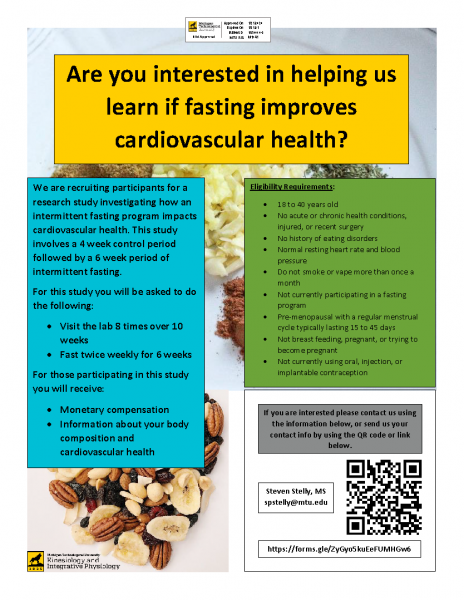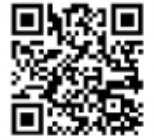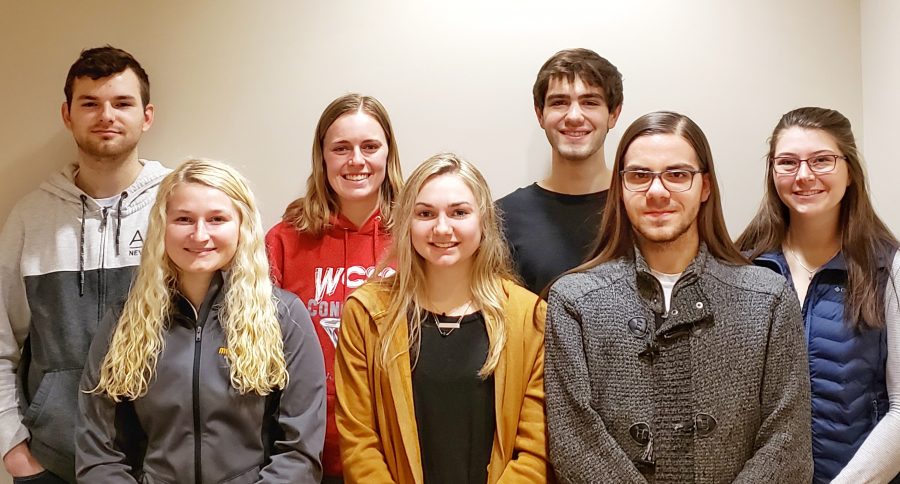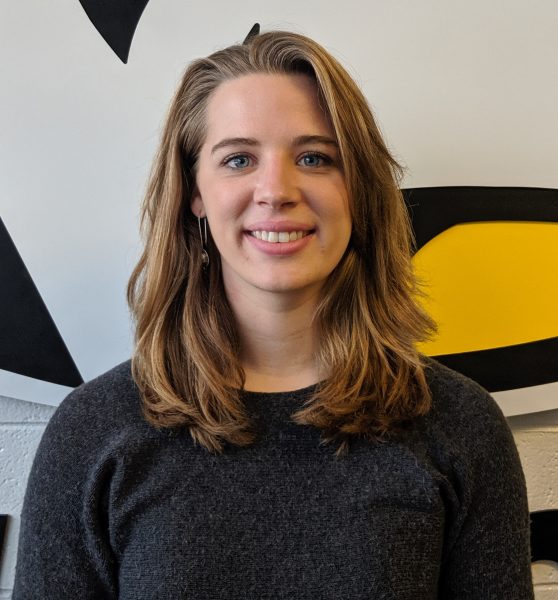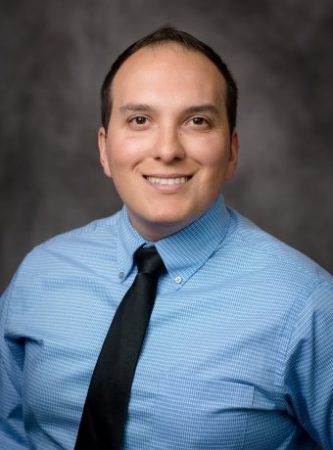VOTING INSTRUCTIONS: “Like” this video to give it your vote for the Fan Favorite!
This contest is sponsored by the American College of Sports Medicine (ACSM), which features the essence, role and influence of ACSM internationally – within the profession, among the membership and throughout the world.
